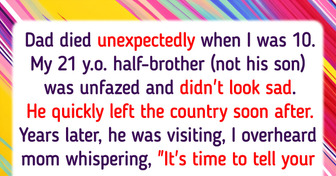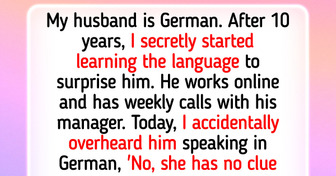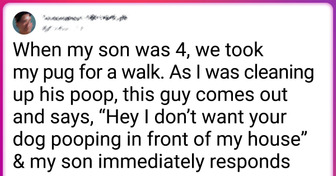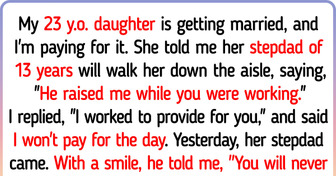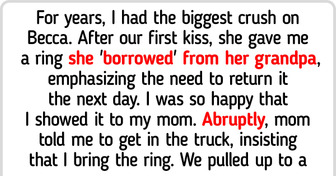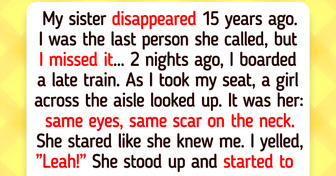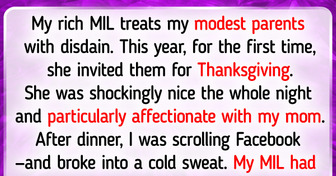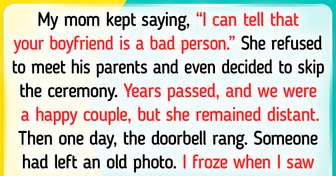My Wife Told Me She’s Pregnant, but She Doesn’t Know I’ve Actually Had a Vasectomy
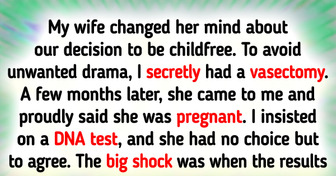
It might seem like numerous dating apps have made it a lot easier to meet new people. Besides, you don’t even have to leave your house to see what options you have. However, it’s still a challenge for a lot of people to find “the one.” Dominik Czernia, a Ph.D. candidate in condensed particle physics, knows the struggle of trying to find “the one,” so he decided to apply a scientific approach to finding the perfect partner!
We at Bright Side wanted to know more about how science can help us find our perfect match. So here’s what we found out!
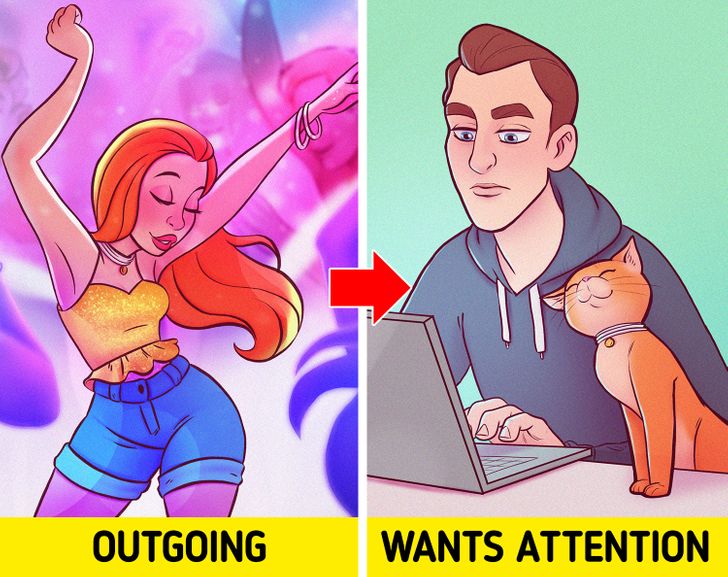
We often make decisions based on our feelings and emotions, and it might seem like the only way to do it when it comes to something like love and friendship. However, as it turns out, even these concepts could benefit from having some math applied to them.
Omni Calculator is a Polish startup that can help you do just that. They created hundreds of custom-built calculators that can calculate just about anything — from what time you need to go to sleep to wake up refreshed, to how much weight you could lose by playing Pokémon GO, to what personality you would have if you were a cat! And Dominik Czernia built a dating theory calculator for them.
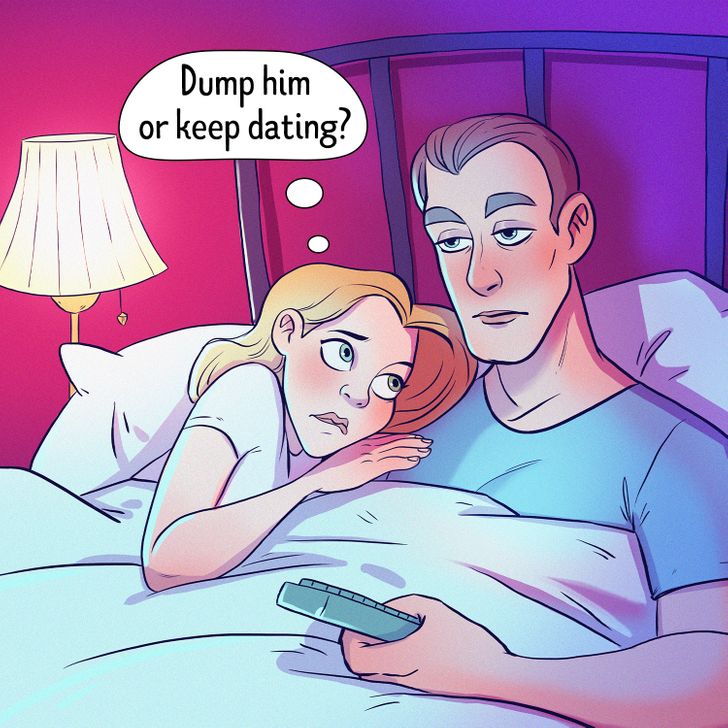
This calculator uses the optimal stopping rule. The rule attempts to solve the problem of choosing the right time to take a certain action, so as to maximize an expected payoff or to minimize an expected cost based on random variables. That means that, applied to dating, it would help you figure out whether the person you are with at the moment is a perfect fit for you or whether you should keep looking for a better match.
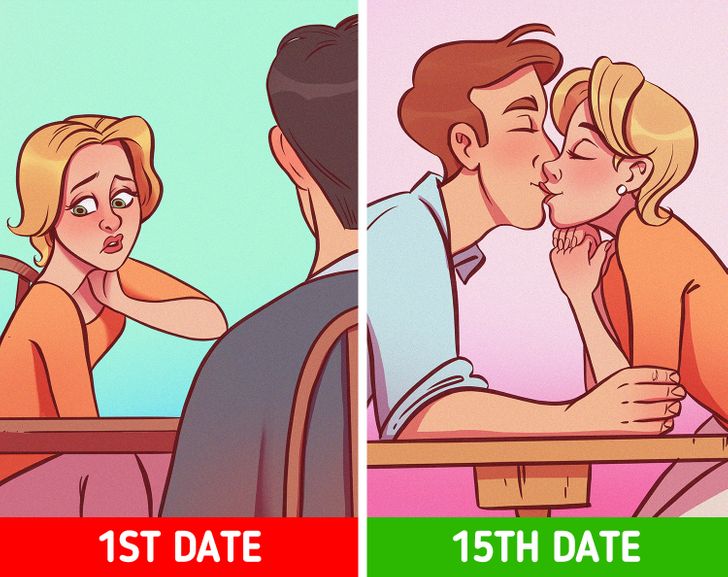
According to this rule, out of the total number of potential dates you will go on, you should reject the first 37% of them. For example, if you’re planning to date 35 people in your entire lifetime, you should reject the first 12. The next step is to choose the next person who is better than anyone you’ve met before. This approach will give you a higher chance of meeting the right person for you.
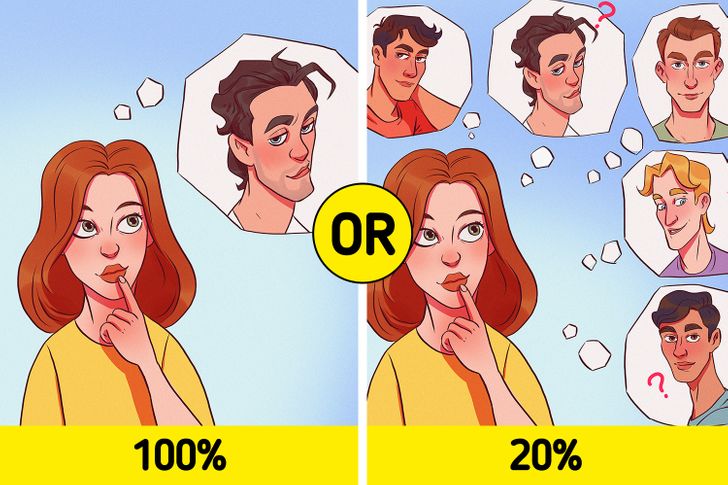
The calculator has a few more variables to make the results more useful for real-life situations. You can enter in how many months or years you want to find an ideal partner, how many dates you’ll go on, whether you want the best partner for you or whether you’ll be satisfied with one of the top 5 or 10 partners, how many dates you’d be willing to reject, and the chances of being rejected yourself.
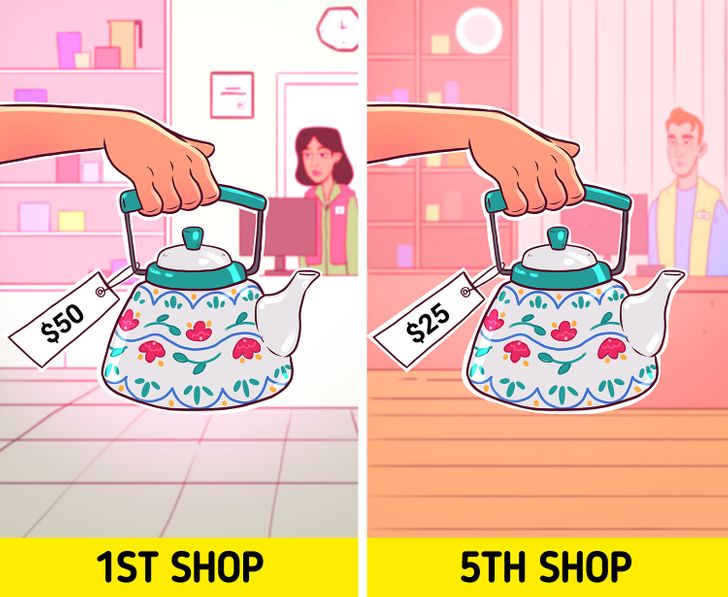
Of course, there’s no way to know the exact number of dates you’ll have in your lifetime. However, the point of this calculator is to encourage people to not give up too soon. Research has shown that, when people make decisions, they tend to stop earlier than predicted by the optimal stopping rule. That could mean settling for a less qualified candidate at a job interview, or paying more for a product we could find for a cheaper price if we kept looking.

However, this calculator isn’t 100% accurate, even if there was a way to know the number of people you’ll date in your lifetime. It’s totally possible for you to meet your soulmate on the first date. And if you were to follow the calculator’s advice, you’d be rejecting them, and every next candidate wouldn’t be as good as the first one. So, all in all, it’s important to listen to what your heart is telling you, but also to not lose hope if you’ve been looking for the right person for a long time and still haven’t found them.
Do you think this calculator is useful? Are you still looking for “the one”? If you’ve already found the right person, would you say the predictions are accurate?

